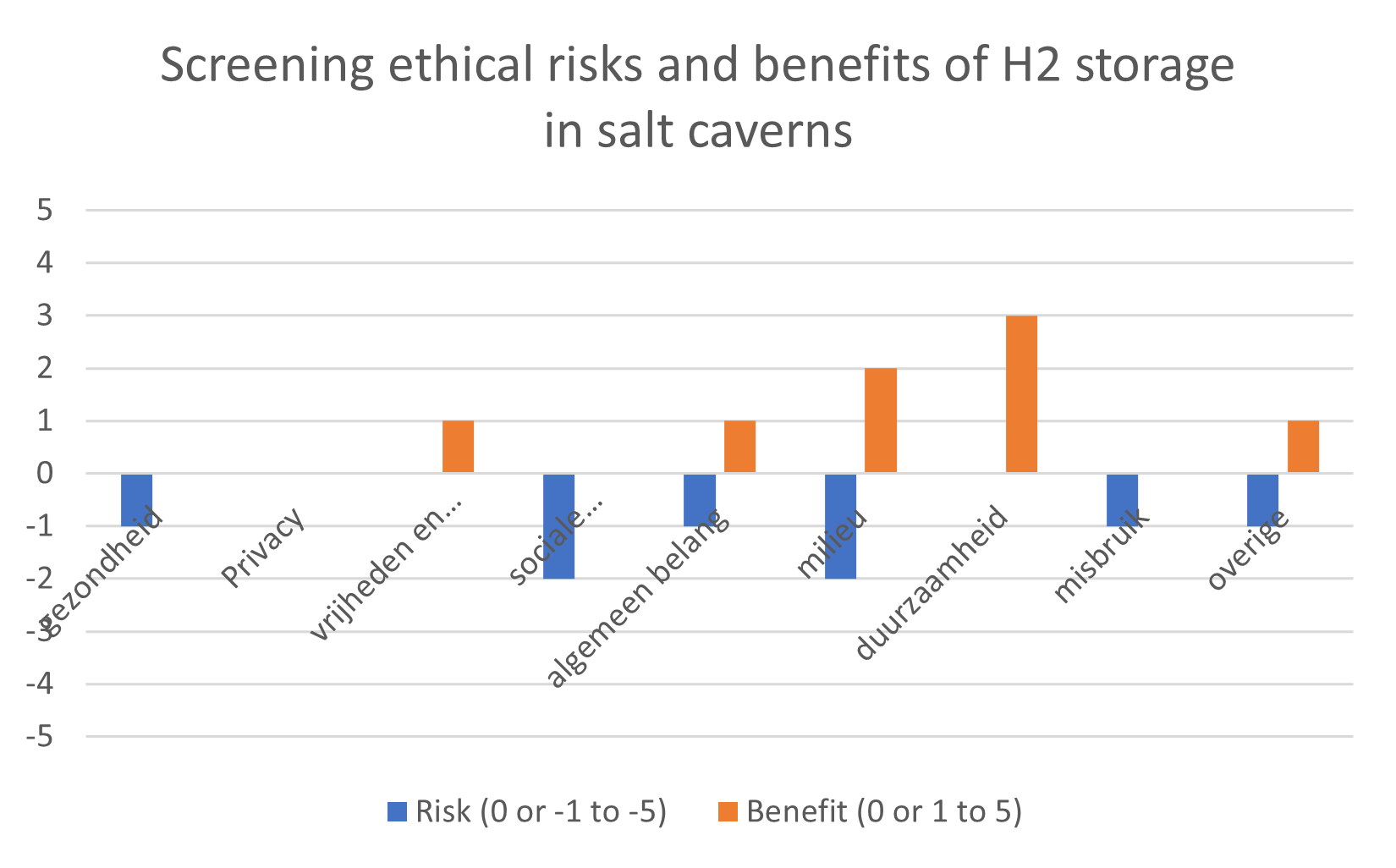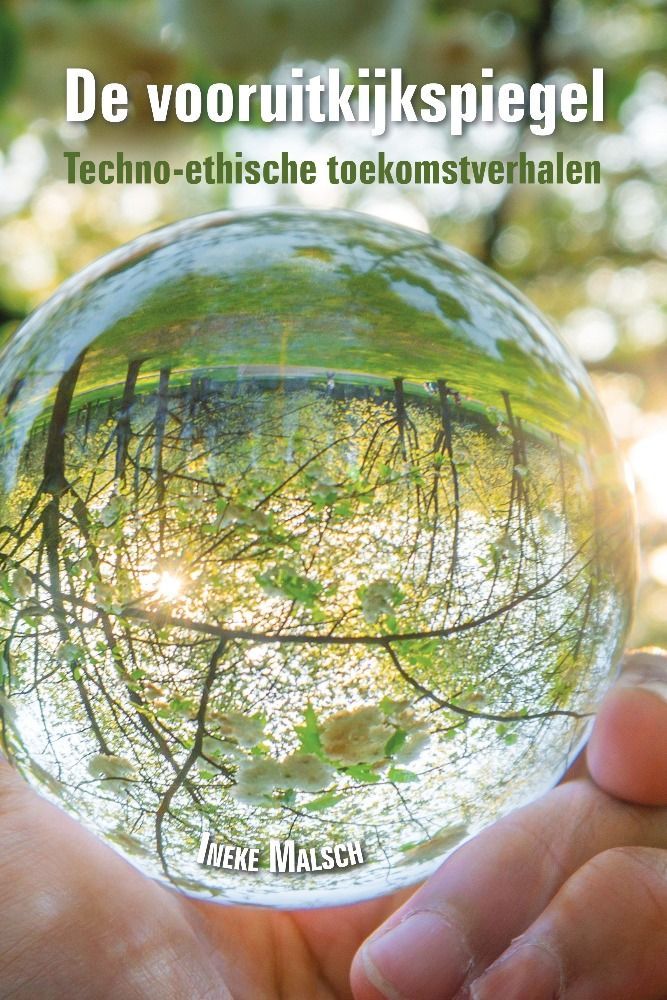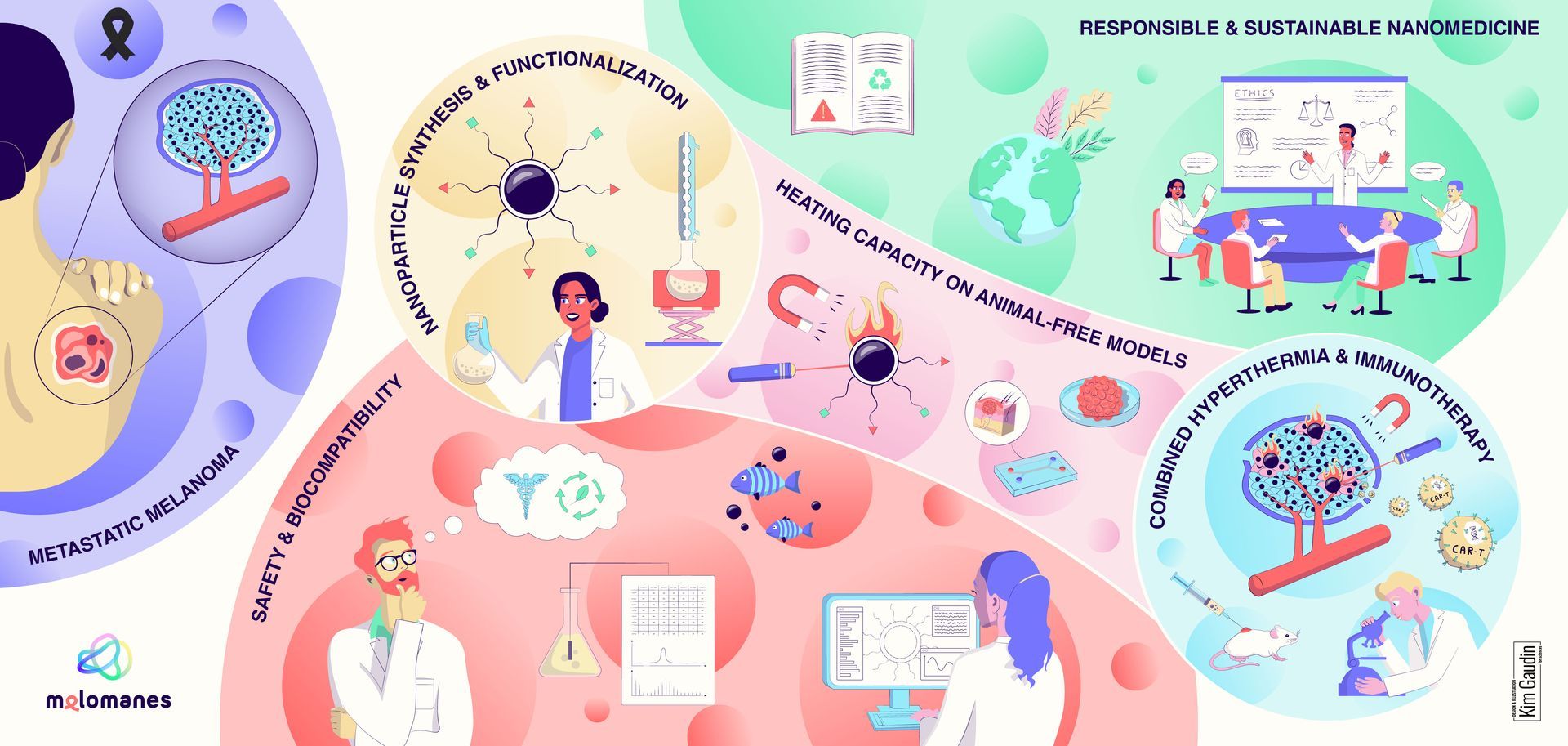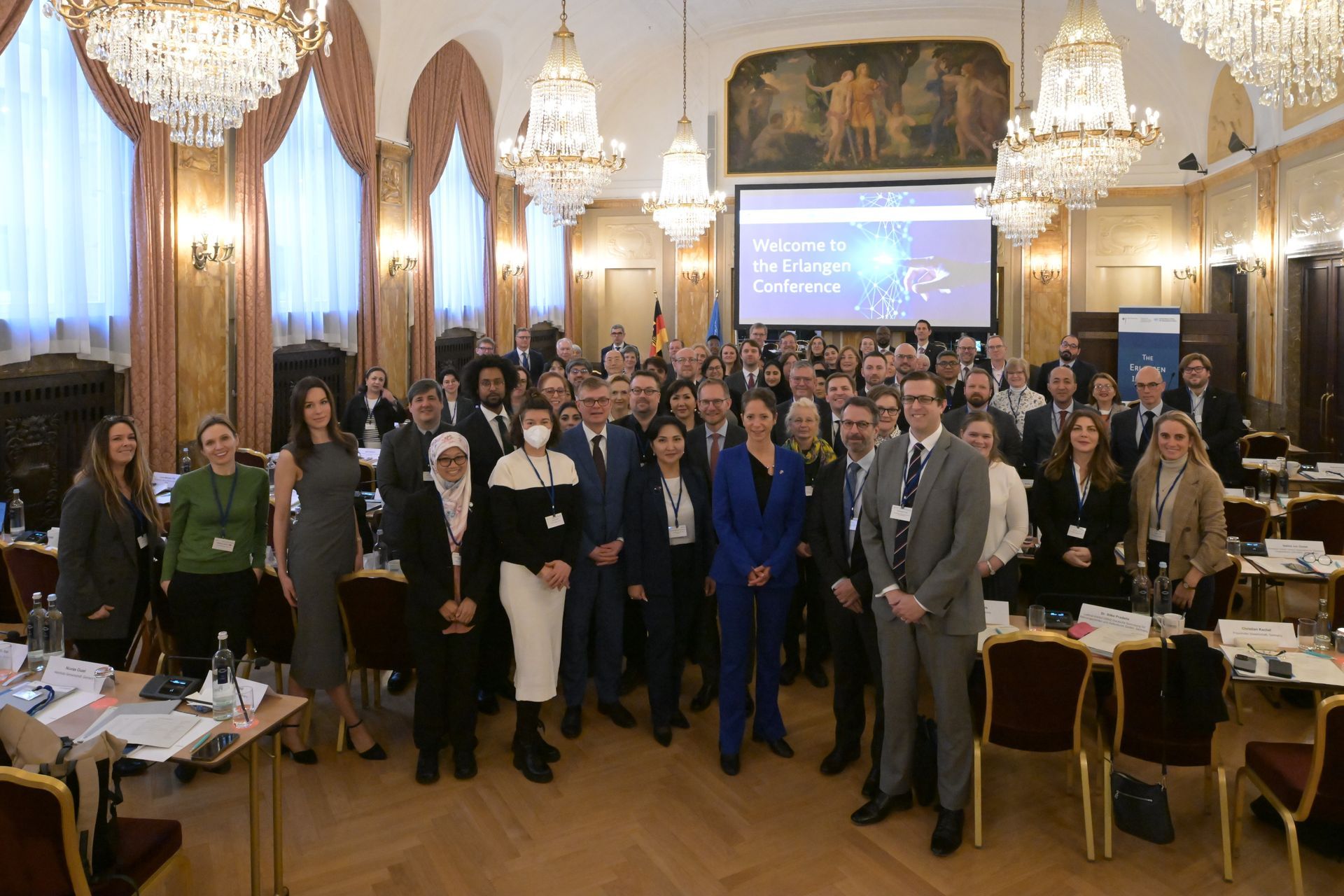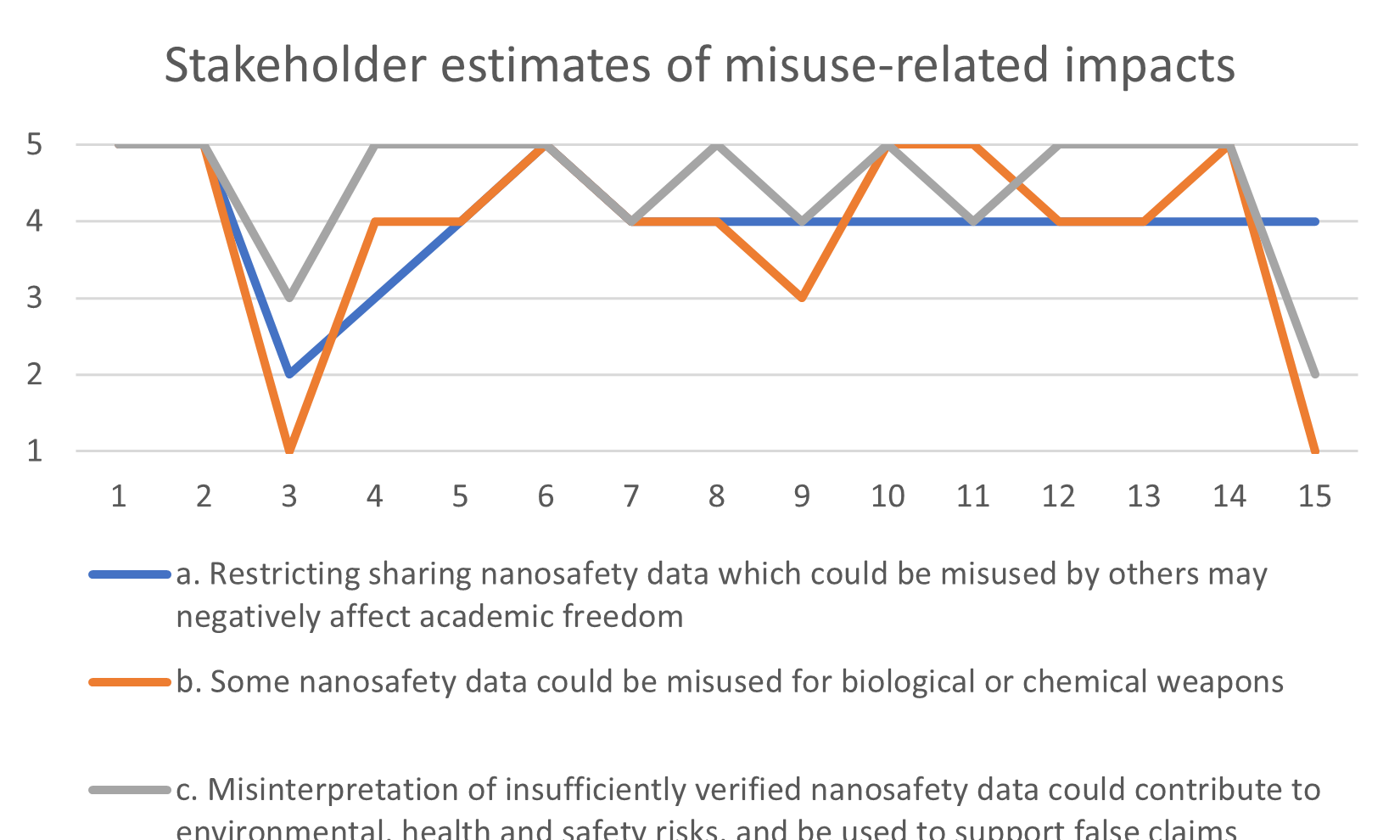Exploring ethical impacts of nanomaterials in waste water remediation
Book chapter published in Water Management in Developing Countries and Sustainable Development
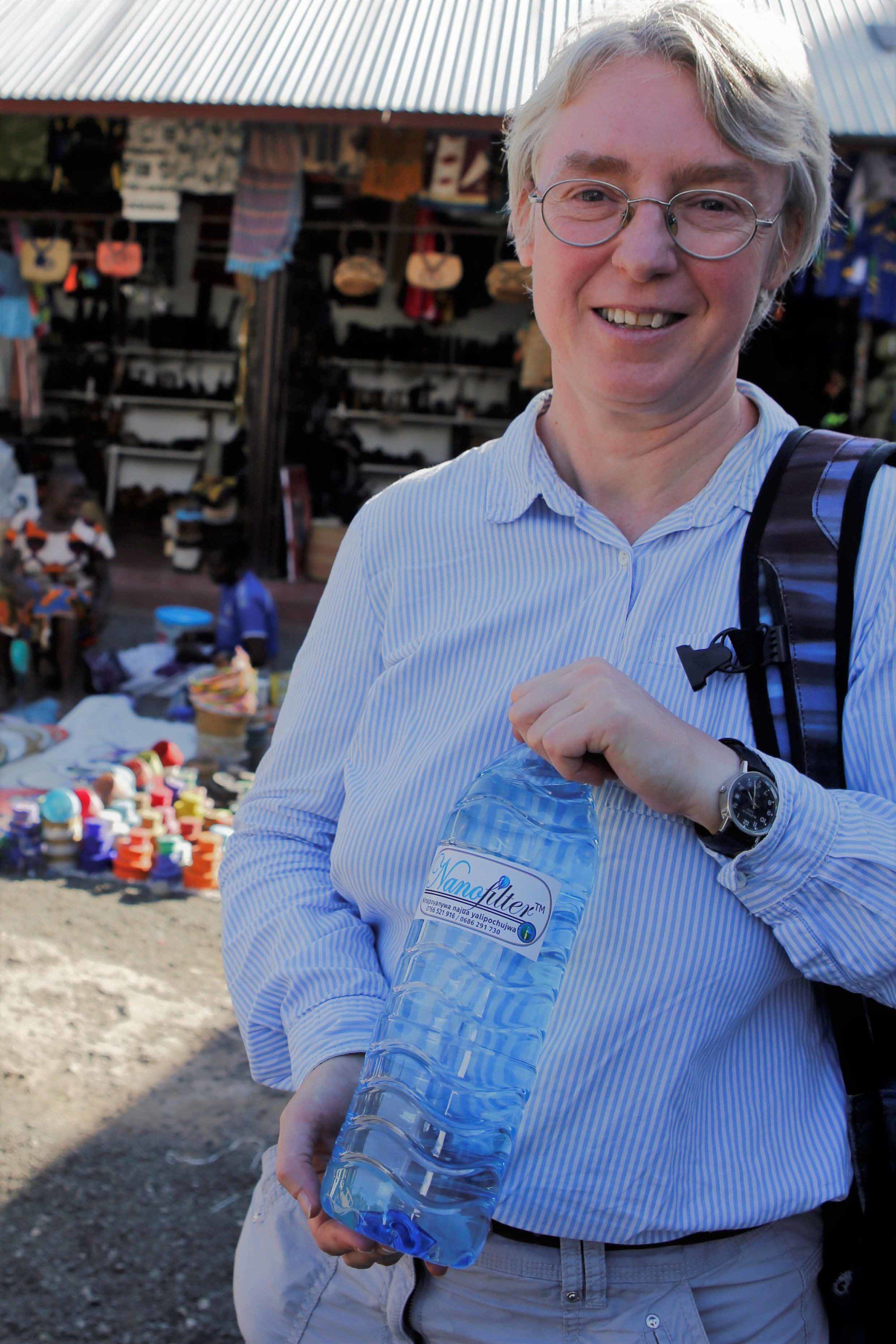
Nanotechnology and nanomaterials offer potential contributions to the Sustainable Development Goal 6: clean water for all. However, the use of nanomaterials in innovative water treatment solutions can raise ethical concerns as well as benefits. These potential ethical impacts should be assessed before implementing the technology in real life, to ensure that remediation measures can be taken in parallel. Such ethical impact assessment can be supported by guidelines and online tools based on CEN Workshop Agreement part 2 CWA 17,145-2:2017 (E)), applied to nanomaterials and nanoproducts in the RiskGONE project (https://riskgone.eu/). This paper reports on an evaluation of identified ethical impacts of the imagined use of nanomaterials in wastewater remediation in a developing country and formulate recommendations for remedial actions. The case study is based on desk research and the main purpose was to test the online ethical impact assessment tools, not to assess the ethical impacts of a real-life project.
The chapter "exploring ethical impacts of nanomaterials in waste water remediation" is co-authored by Ineke Malsch, Panagiotis Isigonis, Evert Bouman, Antreas Afantitis, Georgia Melagraki, Dalila Antunes and Maria Dusinska.
